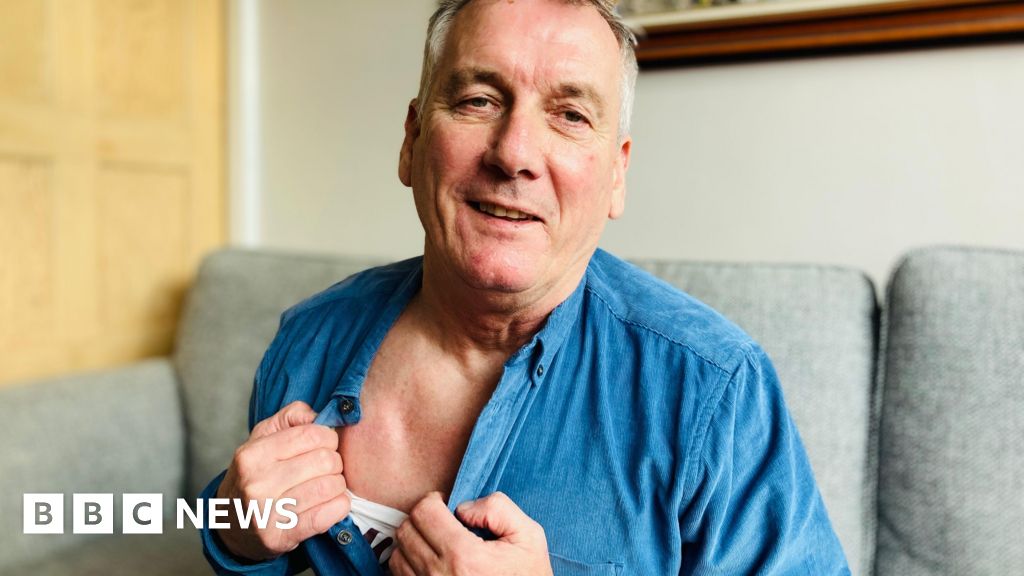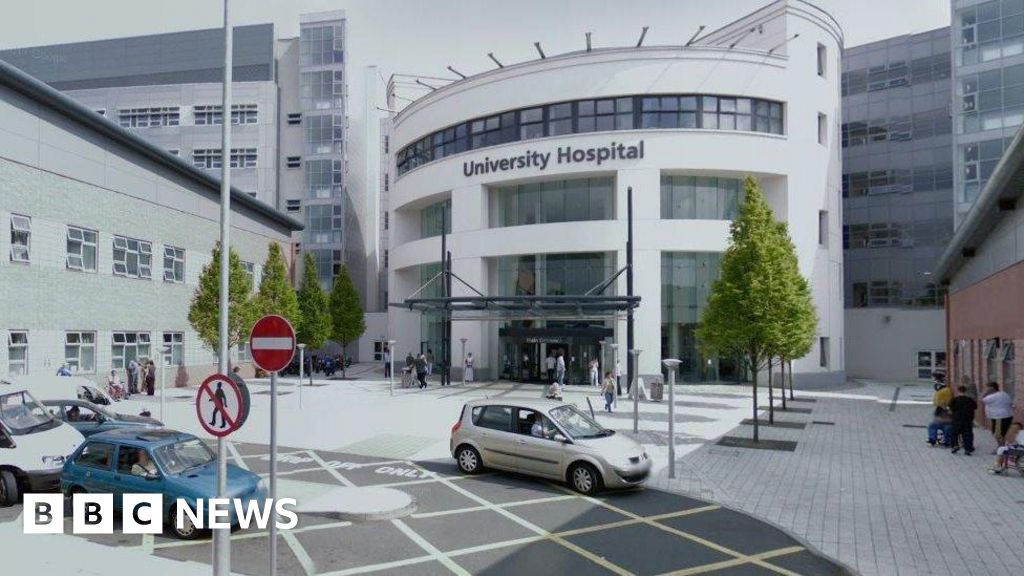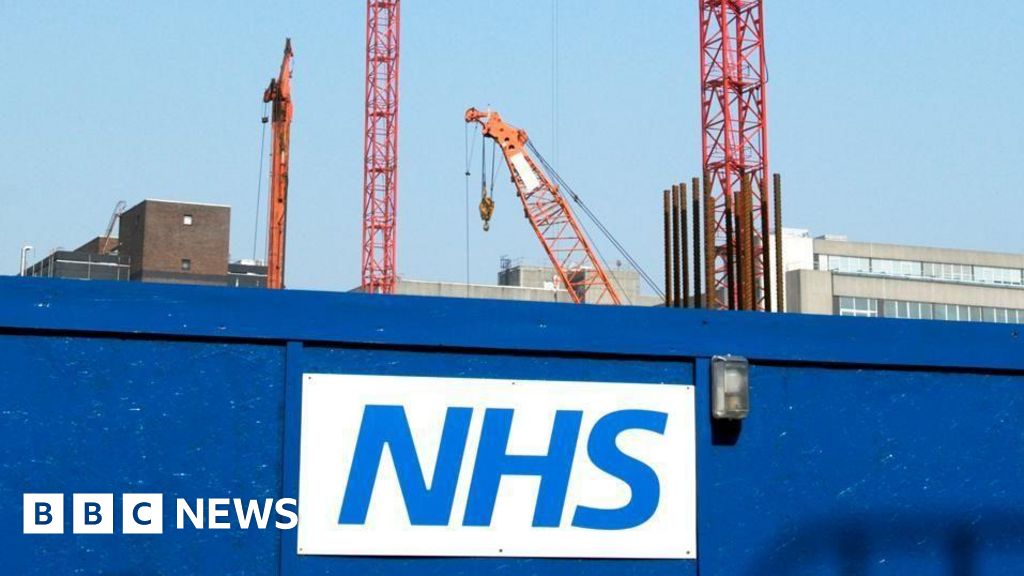A new drug that slows the pace of Alzheimer's disease is too expensive for too little benefit to be used on the NHS, the drugs spending watchdog says.
Donanemab was hailed as a turning point in the disease last year.
But the National Institute of Health and Care Excellence (NICE) said it provided only a small benefit to patients.
And came with huge costs including the price of the drug and monitoring for significant side-effects including brain swelling.
People do not get better on donanemab. It is not a cure for Alzheimer's disease, but it slows the progression of the disease.
It works by clearing a sticky protein from the brain - called amyloid - which is one of the hallmarks of Alzheimer's.
The drug was earlier given a licence to be used in the UK, which means it can be prescribed privately.
However, NICE has ruled it would not be a good use of taxpayers' money and was five-to-six times more expensive than the NHS normally considers acceptable.
It said the drug slowed cognitive decline by four to seven months in trials.
“This is just not enough benefit to justify the additional cost to the NHS," said Helen Knight, director of medicines evaluation at NICE.
“I know this will be disappointing news, but this is an emerging field of medicine and there are other treatments being developed.”
It is estimated that around 70,000 adults in England would have been eligible for treatment with donanemab.
Another drug to slow Alzheimer's was found to be too costly for the NHS in the summer.
Prof Fiona Carragher, from the Alzheimer’s Society, said these drugs offered a "new horizon of hope in the fight against dementia".
She described the decision as "disheartening" but said the organisation respected the decision not to fund it on the NHS.

 3 months ago
16
3 months ago
16









